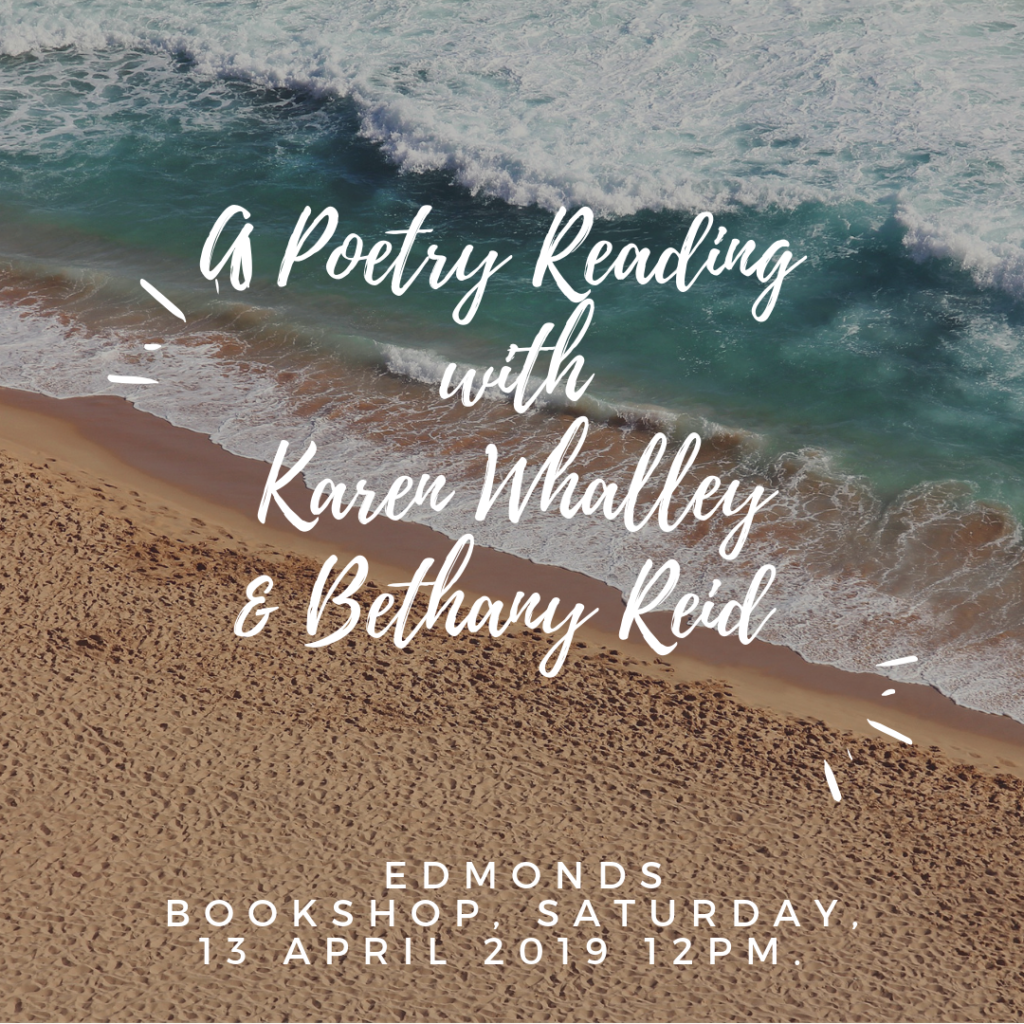Sharon Hashimoto, More American
MORE AMERICAN, Sharon Hashimoto. Off the Grid Press, Grid Books, Boston, MA, 2021, 80 pages, $16 paper, grid-books.org.
I knew Sharon Hashimoto in graduate school, and have long been an admirer. Her first book of poetry, The Crane Wife, was a co-winner of the 2003 Nicholas Roerich Prize, originally published by Story Line Press and now reprinted by Red Hen Press. It was a privilege, this morning, to read her 2021 book, More American.
Samuel Green, the inaugural Washington State Poet Laureate, writes of this book:
I often wonder whether the urge to share joy isn’t one of the most primal human urgencies. Perhaps that’s behind the impulse to read so many of the poems of Sharon Hashimoto’s More American aloud to someone else. “Old memories are ghosts we walk through,” she says in one poem. Hashimoto knows how to let those ghosts bear witness without nostalgia in poems of reconciliation, tolerance, forgiveness, and the sort of love that understands it might never be seen for what it is… (back cover)
And that comes as close as I can to explaining why I’m sharing this book with you. Hashimoto has crafted poems here that 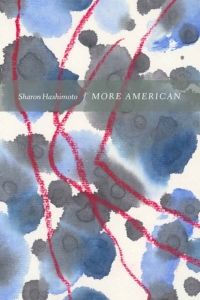 collect and treasure family voices, stories of internment and military service, education, and a grandmother peeling onions, or rising from her bath. Every subject is given such poise and dignity, even when buttocks and breasts are “plump bags,” “socks stretched.” It is a book of family, and a book of witness to that family’s particular (and particularly) American history.
collect and treasure family voices, stories of internment and military service, education, and a grandmother peeling onions, or rising from her bath. Every subject is given such poise and dignity, even when buttocks and breasts are “plump bags,” “socks stretched.” It is a book of family, and a book of witness to that family’s particular (and particularly) American history.
It’s also exquisitely crafted, both the book and the individual poems. In the first section, “Japanese-American Dictionary,” I found myself reading aloud, just for the pleasure of Hashimoto’s words, carefully chosen like ingredients her grandmother uses in her recipes: “shoyu-soaked ropes, / chicken sizzled in garlic and fat. Home // was smell: seaweed, ginger, and rice wine / vinegar” (“Oriental Flavors”).
Language abounds here. “What I knew of Japan / was in my parents’ faces: / okasan, ojisan—the baby sounds / I sometimes used for mother, father,” as we hear in another poem (“A Matter of Loyalty: Question #28, A Nisei’s Response”). These ghostly voices, though, are what I believe will stay with me.
Those Left to Tell: For A. C.
The Igbo of Nigeria believe
you’re only gone when the last relativewho remembers you has died. Dear cousin,
we’re old enough to recall Grandma’s kitchen—the Nehi bottles of orange fizz lined up
for special meals on New Year’s with the shrimp,those stiff translucent shells we snapped in half.
Her sink was wide and deep—big enoughto wash my sister in. Fifty years:
the largest anniversary picturebarely held us all while our numbers
quickly spread like ripples fanning farfrom shore. Only Aunty Meri
lives on; my mom, your dad—a fading storythat holds huge holes we’ll never fully know.
Memory makes of us brief cameos.—Sharon Hashimoto
If you’d like to learn more about Hashimoto and her writing, visit Poetry Foundation, Off the Grid Press, or follow this link to the Edmonds Bookshop poetry reading from April 21, 2022.

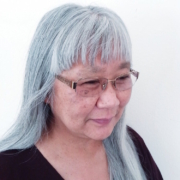
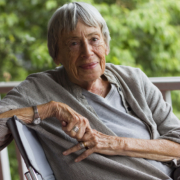
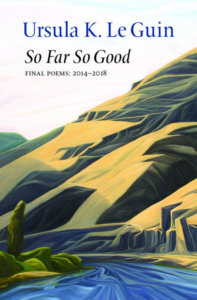 draw from Le Guin’s childhood, and lean into science and natural history. A sequence of 12 poems are built on the final voyage of
draw from Le Guin’s childhood, and lean into science and natural history. A sequence of 12 poems are built on the final voyage of 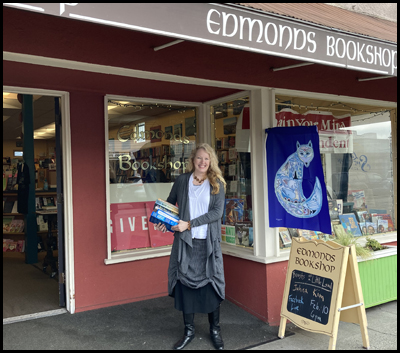
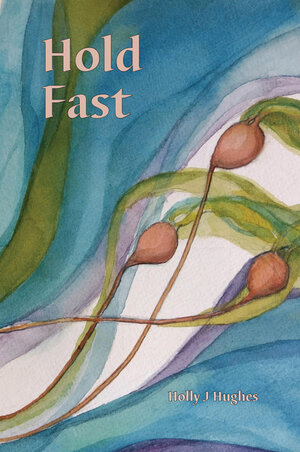
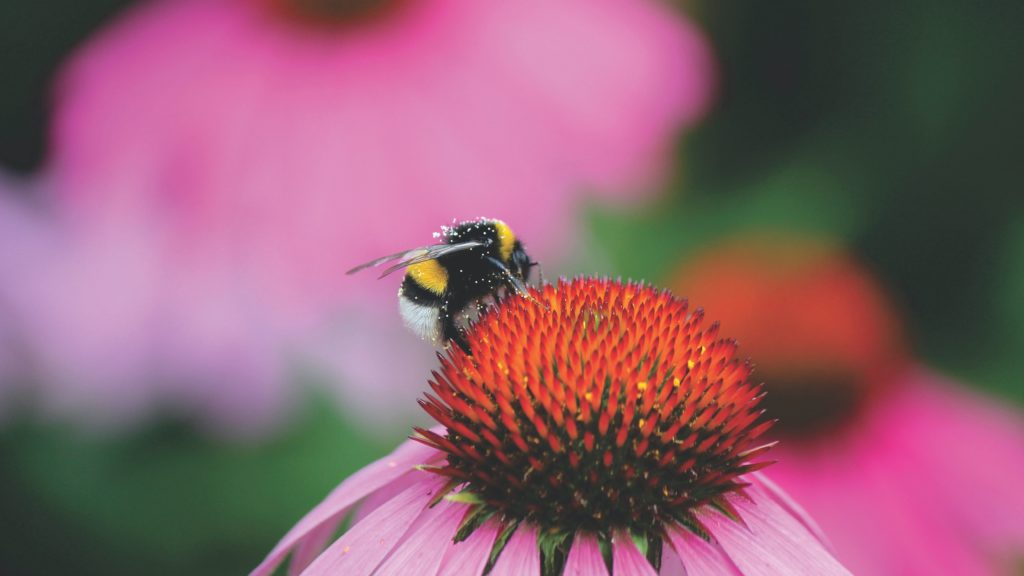

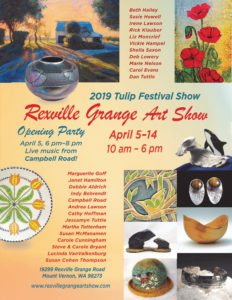 I had two big deadlines over the last week — and I slid in under the wire on each of them. I had a personal goal to submit my mystery novel to PNWA, deadline March 29, and who knows how good my entry was but I put everything into it, I took a deep breath, and I hit “send.”
I had two big deadlines over the last week — and I slid in under the wire on each of them. I had a personal goal to submit my mystery novel to PNWA, deadline March 29, and who knows how good my entry was but I put everything into it, I took a deep breath, and I hit “send.”